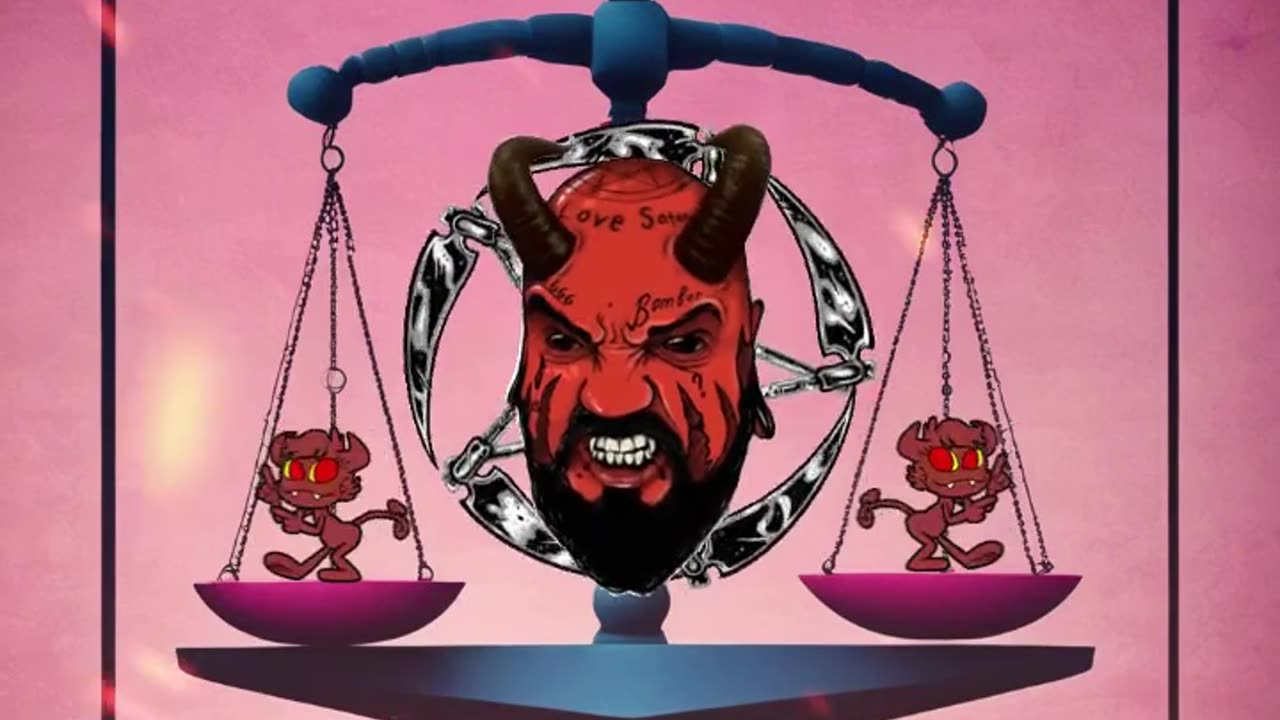Premium Only Content

Proven (In Your Twisted Mind)
What Does "Proven" Really Mean?
In the chaotic and often contentious world of YouTube, words like "proven" are tossed around as casually as a beach ball at a summer picnic. Trolls and detractors delight in declaring, "He’s a proven scammer!" or "He’s a proven nonce!" These statements, however, rarely carry any actual weight or evidence beyond their own twisted perceptions. Such claims may generate outrage, clicks, and drama, but they hold no genuine authority unless substantiated through due process.
In a civilized society, the word "proven" has a specific and critical meaning. For something to be considered proven, evidence must be rigorously presented in a court of law, where skilled barristers, judges, and a jury (in some cases) evaluate its merits. This legal process ensures that proof is not a matter of opinion or conjecture but is based on facts, testimony, and the adherence to established rules of evidence. Only after this thorough examination can something truly be said to have been proven or disproven.
Within the realm of YouTube drama, however, the idea of “proof” is often a mockery of its real meaning. Trolls proclaim their accusations as if they were delivering a final judgment, yet they lack the authority, evidence, or moral standing to make such declarations. Their "proof" is nothing more than speculation, hearsay, or the product of their own biases. In their echo chambers, accusations become "facts," and opinions are elevated to the level of indisputable truth. But this is not how truth operates in the real world.
The internet, for all its benefits, has blurred the lines between opinion and fact. To many trolls, simply stating something often enough makes it "proven" in their minds. Yet in the eyes of the law and reasonable individuals, nothing is proven without evidence, scrutiny, and impartial adjudication. The gap between what trolls claim and what can be legally substantiated is as wide as the ocean—and often deliberately ignored.
To accept these baseless accusations as proof is to abandon the principles of fairness and justice. Words like “proven” should not be wielded lightly or irresponsibly. If accusations cannot withstand the scrutiny of a court of law, they remain mere allegations, no matter how loudly or frequently they are repeated.
As members of society—and especially as content creators—we must resist the temptation to take online accusations at face value. Instead, we should champion the principles of evidence, due process, and critical thinking. To do otherwise is to risk letting our digital discourse descend into chaos, where truth becomes meaningless, and the loudest voices drown out reason.
In conclusion, the trolls' version of "proven" is a hollow mockery of the term. True proof is determined not by the whims of online mobs but by the careful deliberations of a legal system designed to protect both truth and justice. Until evidence is presented in a court of law and examined by those trained to evaluate it, no claim can genuinely be said to be “proven.” Anything less is just noise.
-
 14:23
14:23
Degenerate Jay
7 hours ago $0.01 earnedThe Arkham Batman Is Alive - The Suicide Squad Game Is Dead
1.95K -
 1:06:50
1:06:50
PMG
19 hours ago $0.61 earned"Never trust a government that leads you into the apocalypse"
9.5K2 -
 1:05:15
1:05:15
In The Litter Box w/ Jewels & Catturd
22 hours agoExternal Revenue Service | In the Litter Box w/ Jewels & Catturd – Ep. 720 – 1/15/2025
45.8K14 -
 5:55:09
5:55:09
Benny Johnson
9 hours ago🚨Confirmation Hearings LIVE Right NOW | Pam Bondi, Rubio, John Ratcliffe & More| Deep State PANIC
195K323 -
 6:04:07
6:04:07
Barry Cunningham
23 hours agoWATCH LIVE: Pam Bondi Attorney General Confirmation Hearing For w/ Nancy Mace Interview
39.9K18 -
 6:15:44
6:15:44
Robert Gouveia
11 hours agoPam Bondi Confirmation Hearing LIVE! Trump's Nominee to FIX Corrupt DOJ as Attorney General
64.2K26 -
 1:57:41
1:57:41
The Quartering
5 hours agoTrump Just FREED Hostages, Pam Bondi Hearing, TikTok To SHUTDOWN, Bill Burr Gets Woke, LA Fires
64.6K43 -
 1:12:39
1:12:39
Savanah Hernandez
3 hours agoLA Fire Dept withheld 1,000 firefighters ahead of the Palisades Fire
31.8K14 -
 1:38:37
1:38:37
Mally_Mouse
4 hours agoLet's Yap About It - LIVE!
35.6K1 -
 9:25
9:25
Silver Dragons
4 hours agoTop 3 Types of Silver ALL Stackers NEED to Be Buying
27.8K2